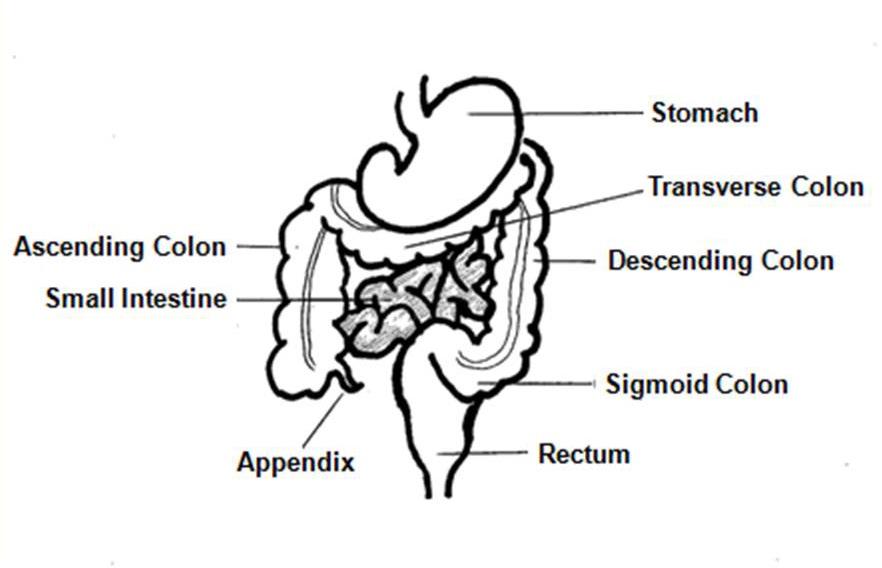I work in a cancer research group at MIT that investigates the development of gastrointestinal cancers in particular. Consequently colorectal cancer is just one such type of this disease that has become a regular part of my everyday work life. This deadly condition, however, is anything but routine.pp
p
What Is Colorectal Cancer?
This form of cancer develops in the large intestine. The colon is the first 4-5 feet of the large intestine, and represents the largest portion of it – it is divided into ascending, descending, and sigmoid regions. The rectum comprises only the last few inches of the large intestine.
The colon acts to remove water and nutrients from partially digested food that enters the colon from the small intestine, turning the remainder into waste material. This waste material is the stool that passes through the colon into the rectum, then leaving the body via the anus.
Collectively, cancers arising at either location are known as colorectal cancer. Cancer begins when cells lining these regions of the large intestine are transformed and begin to grow abnormally and out of control. These abnormal cells continue to proliferate, and eventually form a mass of tissue that we know as a tumor. A tumor can be benign or malignant. The adenomatous polyps that can arise in the large intestine are typically benign. They can, however, progress to become malignant (cancerous) if they are not removed.
d
Incidence Of Colorectal Cancer
It is estimated that in 2011, over 140,000 people in the USA will be diagnosed with colorectal cancer, and at least 49,000 of them will die as a result of the condition. This is the 3rd most common type of cancer in this country, and represents the third most common cause of cancer-related deaths. Over the past 20 years, however, the death rate from colorectal cancer has been decreasing, largely due to increasing use of established diagnostic screening techniques, among other factors.
d p


Follow Me!